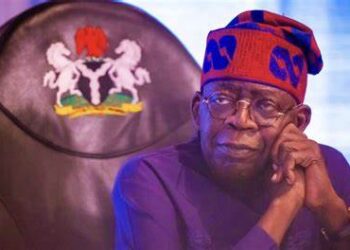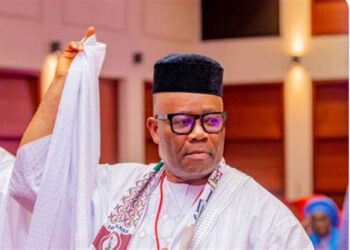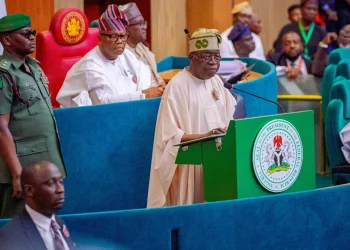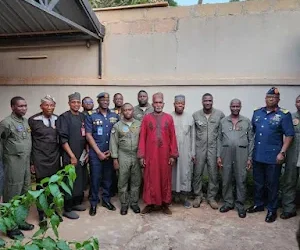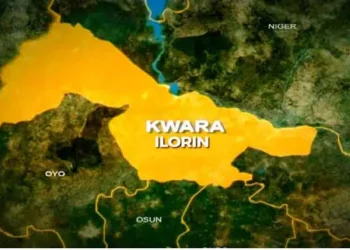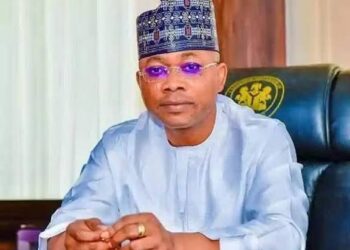A legal practitioner and political analyst, Frank Tietie, has challenged President Bola Tinubu’s constitutional authority to withdraw pardons already granted to convicted inmates.
Tietie’s position follows the presidency’s announcement on Wednesday that it has revoked clemency previously extended to 140 inmates. The Special Adviser to the President on Information and Strategy, Bayo Onanuga, released the list of affected individuals whose pardons have been rescinded.
In the same announcement, the presidency revealed that Maryam Sanda’s death sentence has been commuted to 12 years’ imprisonment. Sanda was convicted in 2020 for the murder of her husband, Bilyaminu Bello.
Constitutional Concerns Raised
Speaking during an interview on Arise Television on Wednesday, Tietie argued that the president overstepped his constitutional boundaries by attempting to reverse pardons that had already been granted and accepted.
“At the time the president first signed the first list, it was a complete act that he does not have the power to reverse. It was already accepted,” Tietie stated.
The legal expert emphasized that presidential pardon is a finalized executive action that cannot be undone once implemented. He noted that the affected individuals had already regained their freedom following the initial grant of clemency.
“The president does not have the power to convict anybody. As of the time he completed the pardon of these persons, they were all free,” Tietie explained.
He further stressed the separation of powers, asserting that the president cannot exercise judicial authority by declaring individuals unfit for pardon after clemency has been granted.
“The president is not the judiciary. He cannot exercise judicial powers by saying you are no longer fit for pardon. It is not within his constitutional power,” the lawyer argued.
Tietie also took the opportunity to criticize other government policies, suggesting that if the administration were receptive to public concerns, it would reverse the fuel subsidy removal and electricity tariff increases.
The controversy over the revocation of presidential pardons is expected to generate legal and constitutional debates in the coming days.


